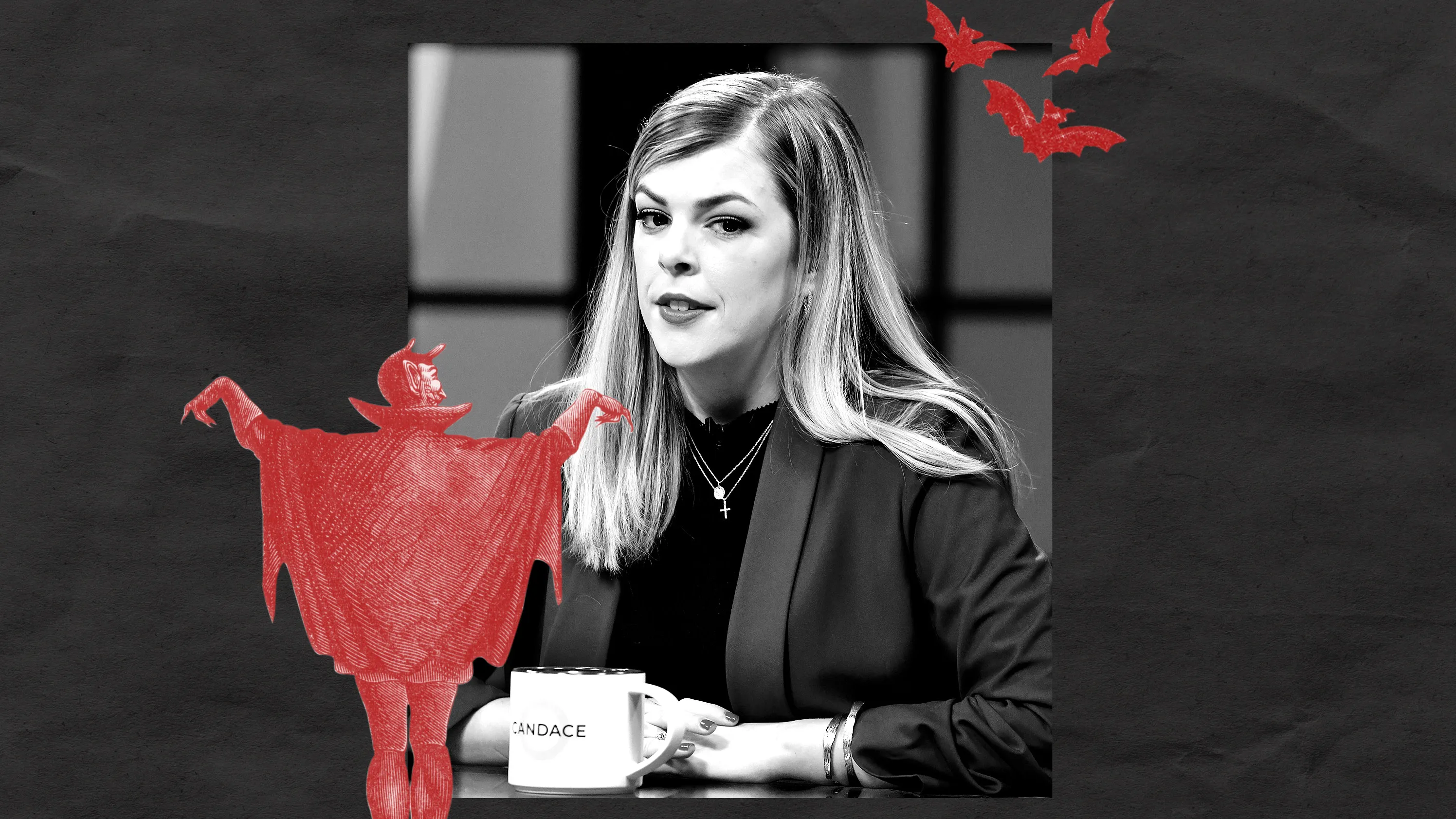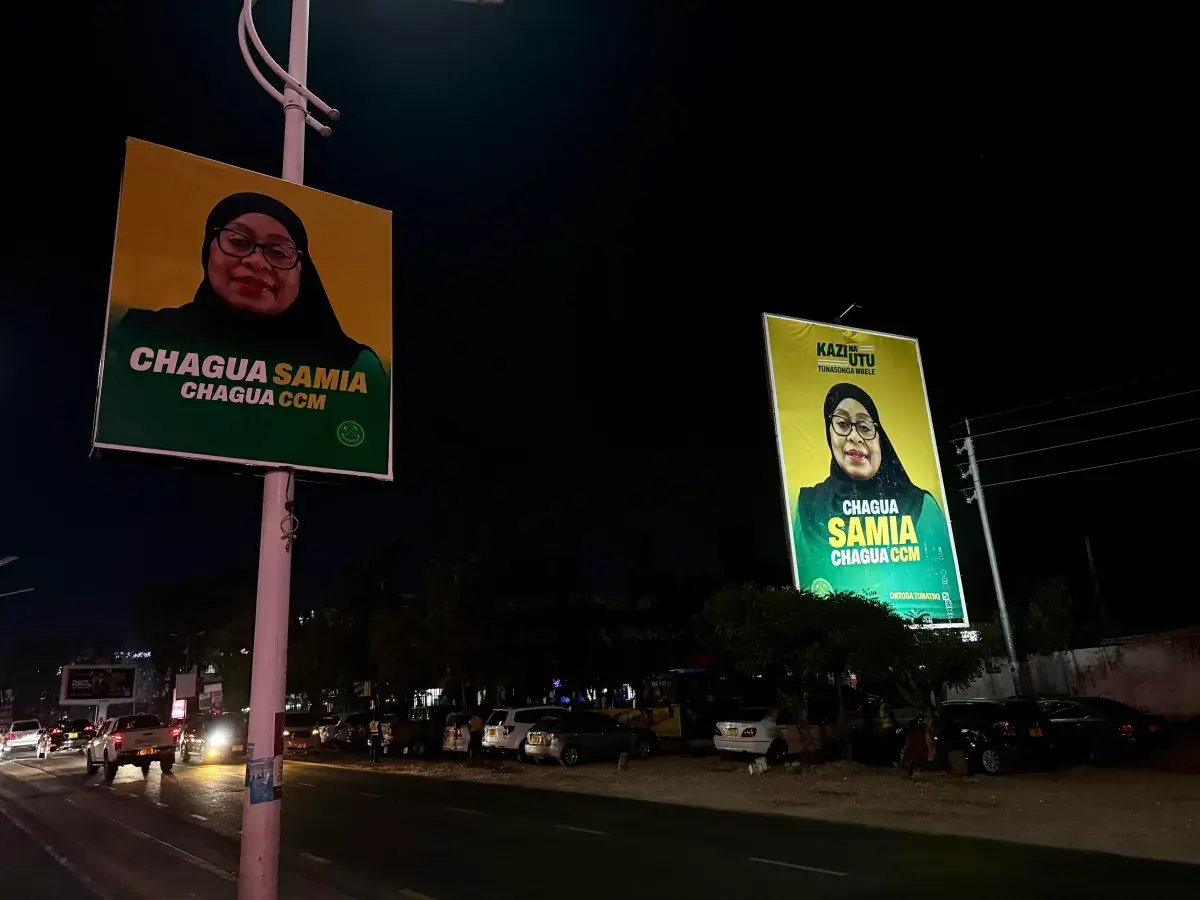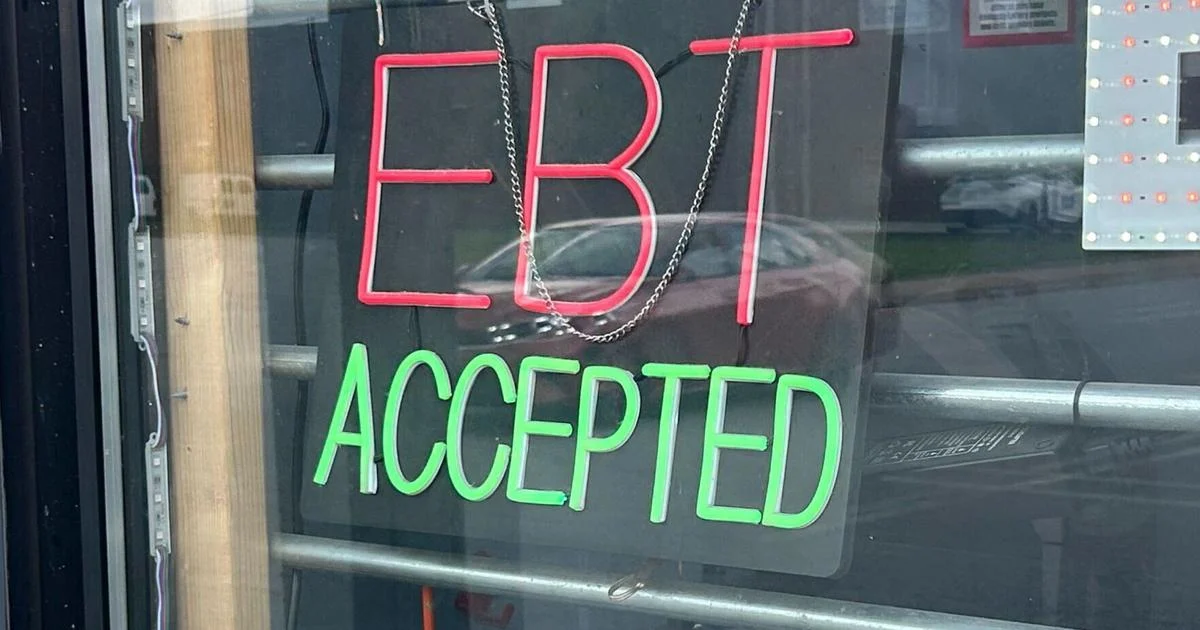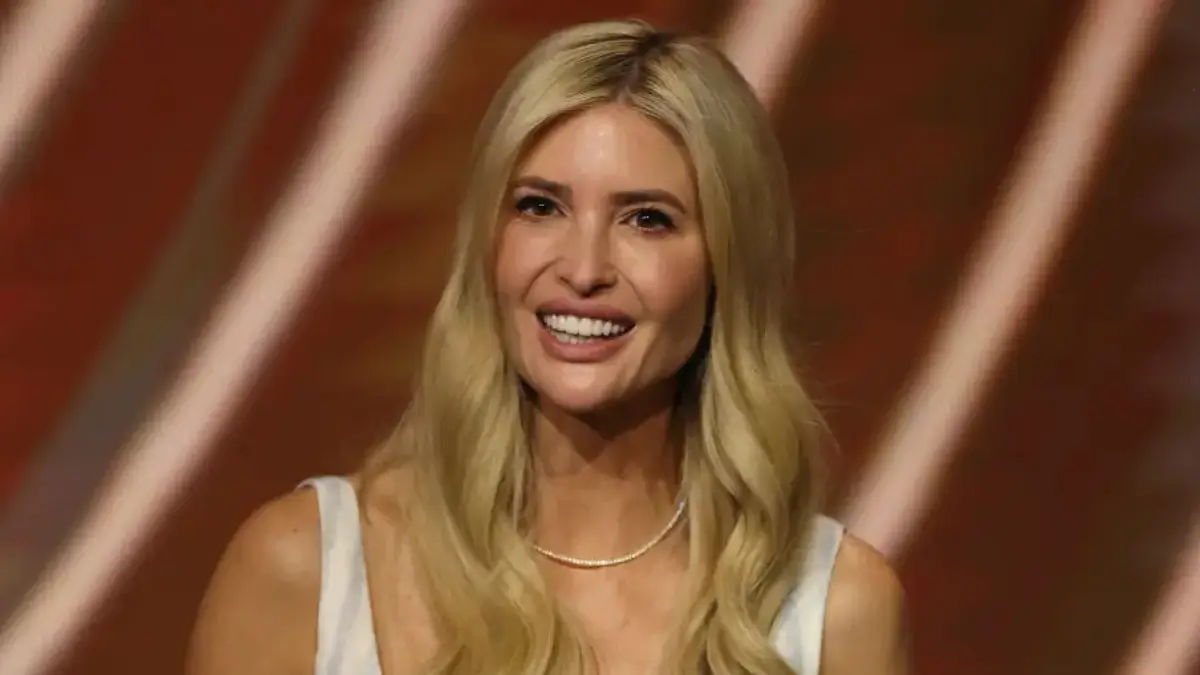Copyright vanityfair

Which doesn’t mean Stuckey is no longer stuck on demons. On a recent episode of Relatable, she returned to the long-running debate about whether Christians should participate in Halloween celebrations. “We should also realize that the trauma that comes from Halloween for some people is real,” she said. “Decisions surrounding this, they require humility, they require wisdom, and they do, as I said, have a level of liberty.” As Stuckey’s words imply, spiritual warfare is having a moment. From last month’s viral warnings of the rapture to fears that Labubus are demonic, social media has become a prime vector for spreading fringe beliefs. Silicon Valley is even getting on board: Last month, Peter Thiel did a lecture series focused in part on the Antichrist, and Patrick Gelsinger, executive chairman of AI company Gloo and former CEO of Intel, has said he wants to build technology to “hasten the coming of Christ’s return” to earth. Stuckey, whose podcast appears on former Fox host Glenn Beck’s Blaze Media network, is no stranger to looking for demonic influences in pop culture. In August, Stuckey spoke out against the popularity of KPop Demon Hunters, citing it as an example of creeping “paganism” in our society. During her Halloween episode, she played a video shared by fellow Christian influencer Forrest Frank that explained an extreme version of the argument against the holiday. In it, a self-proclaimed “former satanic church leader” claims that Halloween is the “highest day” for satanists and “the night of the year where there is the most human sacrifice on the whole planet.” The former satanist adds that neighborhoods where people celebrate Halloween are at risk because “that whole perimeter becomes one big satanic ritual.” Ultimately, Stuckey decided against endorsing this view. “There are evil spiritual principalities at work, and we should acknowledge that and we shouldn’t minimize that at all,” she said. “But I also want to push back against this idea that as Christians we are inviting Satan into our neighborhoods or into our homes or into our children’s lives by living next to someone that celebrates Halloween.” Yet Halloween celebrations carry with them other dangers, according to her: “There is, I would say, a big intertwining of Pride and LGBTQ pride with Halloween,” she said. “People are kind of pushing back against sexual norms through their costumes and through their celebrations.” In the episode, Stuckey also read aloud from a 1991 Washington Post article about the suffering of psychiatric patients in the weeks around Halloween, specifically citing people who believed they were the victims of satanic ritual abuse. Such ritual abuse is a roundly discredited idea—a 1992 FBI report, for instance, found little to no evidence to prove that the lurid tales associated with the satanic panic of the 1980s were based in reality. Even major Christian institutions have backed away from boosting this idea. Earlier this year, evangelical magazine Christianity Today released a podcast series arguing Christians had gone too far in pushing invented demonic fears while they ignored real sexual abuse ongoing in churches. Like other conservative influencers, Stuckey is walking a fine line between embracing the Christian fringes on social media without compromising her appeal to normies. In a recent interview with The Wall Street Journal, the podcaster said she tries to reach the “mushy middle,” meaning Christians who might be swayed by progressive politics and ideas. She added that she plans her show with an imaginary audience in mind: “The 35- or 40-year-old suburban mom of three or four kids that is busy, is trying to do her best to glorify God in her own life.” In the episode, Stuckey admits “there is a lot of nuance” around the issue of Halloween. “I think there is a way to push back against darkness without opting out entirely—while still acknowledging that the demonic does exist and that maybe this is a high holiday for the satanic church, but we don’t have anything truly as Christians to fear for that,” she says, finally revealing that she does actually allow her three daughters (the youngest is two) to participate. “Yes, we do allow our kids to dress up in fun costumes. We do allow them to go to a select few houses and get some candy. We don’t do anything crazy. We don’t do scary movies.”



